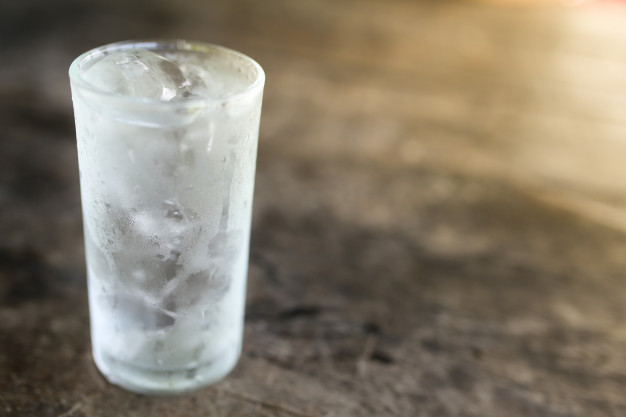
No matter where we live, having access to clean water is a human right that everyone deserves to have. Still, a large population of the earth cannot use this essential resource freely. In fact, even those of us who have seemingly clean water flowing right to our homes cannot guarantee that it is entirely safe to consume.
That’s correct. With risks including but not limited to industrial waste, sewage waste, and marine dumping, there are chances that our tap water is not as safe as it looks. This can cause a myriad of acute and chronic diseases, which can often affect anyone’s quality of life to a devastating extent.
This is why it’s crucial that we do all we can to remove microplastics, harmful particles, and other contaminants from our drinking water.
What Kind of Problems Can Arise by Drinking Unclean Water?
Drinking unclean or unsafe water can cause a myriad of problems, which can include severe short-term and long-term illnesses. At best, these conditions may last for a few days. At their worst, they can cause lifelong issues. They can cause several immune, reproductive, and dermatological conditions that could stay with you for the rest of your lives.
If you consume contaminated water on a short-term basis, you can suffer from diseases that cause the following acute symptoms:
- Diarrhea
- Nausea/Vomiting
- Abdominal cramps
- Skin rashes or inflammation
These symptoms are usually a cause of gastrointestinal illnesses such as giardia and norovirus, which are treated through targeted medical care.
Apart from these abrupt symptoms, long-term use of contaminated drinking water can also cause more serious conditions.
These diseases include but are not limited to:
- Reproductive problems
- Developmental problems
- Cancer
In order to avoid these conditions, you should make it a point to only consume safe and clean drinking water on a daily basis.
How Can You Ensure the Safety of Your Drinking Water?
Fortunately, the United States has one of the world’s safest drinking water systems in place. This reduces the risks of coming across unsafe drinking water. However, it doesn’t eliminate them completely.
The United States Environmental Protection Agency (EPA) is responsible for ensuring the safety of drinking water. However, issues such as agricultural practices, natural chemicals, and problems in local water treatment systems can still make way for contaminated water.
While there is no failsafe way to detect the purity of water just by looking at it, you can still employ a few tips to be as careful as you can.
This includes the following practices.
- Detecting the Odor
Safe water shouldn’t have any odor associated with it. If you can detect a fishy, oily, or sewer smell, it means the water isn’t safe to drink.
- Checking the Clarity
Uncontaminated water should have no visible particles of any kind. If the water is murky, it means that it is unsafe to consume.
- Assessing the Taste
Safe water doesn’t have a strong taste associated with it. If your water has a metallic taste, then it signifies contamination.
What Type of Safety Measures You Can Take to Consume Clean Water
One of the ways to ensure the safety of your cleaning water is to check the Consumer Confidence Report (CCR) that is issued by your local water supplier. These reports detail the contents of your drinking water and determine whether it is safe to drink or not.
However, this step could take a while and doesn’t provide you with any tangible protection on an immediate basis. This is why it is important that you take measures on a personal level to keep yourself and your family safe from harm’s way.
While you can buy bottled water, it is not always the optimal solution. For one, the plastic used in these bottles is harmful to the environment. Secondly, it is expensive, especially when you have to use the water in preparation of food.
On the other hand, using water filtration systems can help you steer away from these issues in a cost-effective way. Whether you are using it for a drink or to prepare food, water filters can fulfill all your needs while staying within your budget.
While safe drinking water is a resource that is freely available in the U.S., it is still important that you employ caution while consuming tap water. Using filtration systems makes sure that you are able to use clean water at all times and enjoy healthy living













[…] to clean and safe drinking water is essential for human health and well-being. In Florida, however, water contamination issues have become […]